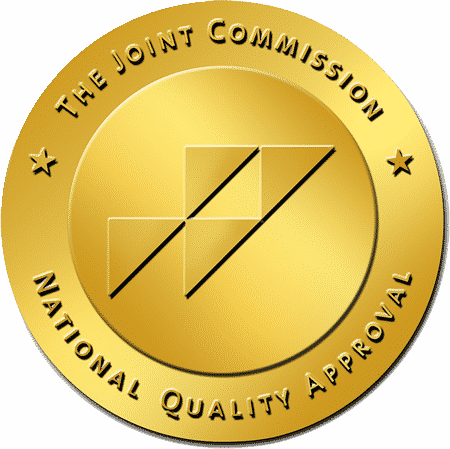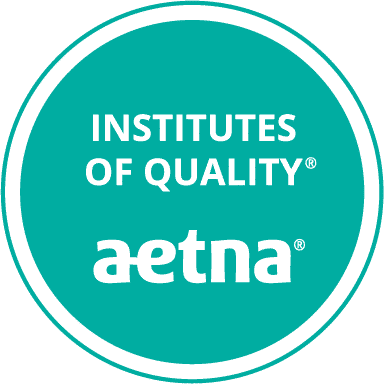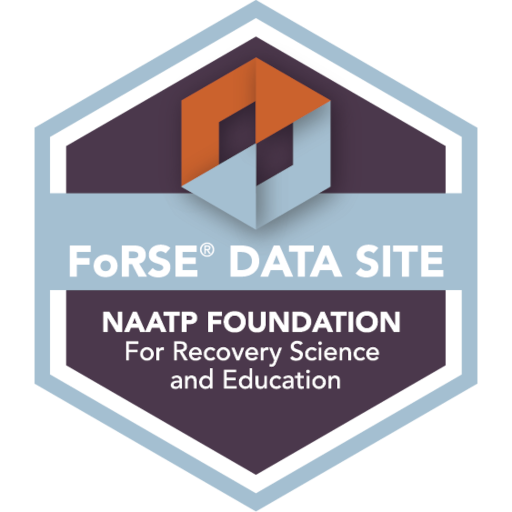Photo: Sherri Layton and Sierra Castedo de Martell hold the ARHE Philanthropist of the Year Award presented to La Hacienda during a ceremony at Boston’s Fenway Park.
For young people in their late teens and early twenties with their adult lives ahead of them, recovery means a chance to fulfill dreams. That’s why helping them recover from substance use disorders has been a priority at La Hacienda since 1996.
“They are the future. If they can get clean and sober at an early age, they can do anything they desire,” says Mary Azar, Director of the Collegiate Program. “They can achieve their aspirations, raise families, and be productive citizens.”
In addition to treating young adults–at our residential center in Hunt and outpatient centers in Austin and College Station—we also invest in their education.
For 15 years La Hacienda has provided scholarships to more than a hundred students in recovery at the University of Texas at Austin, a philanthropy recently honored by the Association of Recovery in Higher Education (ARHE).
Steadfast Support of Collegiate Recovery
In June ARHE, which represents collegiate recovery programs (CRPs) and collegiate recovery communities (CRCs), presented La Hacienda with its national award for philanthropy.
“This kind of support is rare in collegiate recovery,” says Sierra Castedo de Martell, director of UT’s Center for Students in Recovery, who nominated La Hacienda for the award.
“The consistency, the length of time, and the humility with which this has been given is unprecedented. La Hacienda has quietly been one of the most steadfast supporters of collegiate recovery in the country.”
Students in Recovery are a Good Investment
It makes sense for schools and their supporters to help students in recovery, says Sierra, citing a 2012 survey that shows that they have higher grade point averages than the overall student population.
“Most of the schools included in the survey have minimum requirements for sobriety to participate in the collegiate recovery program, some as high as one year. That means that most of the students in the program were on pretty solid ground and not struggling.”
“Nonetheless, the conclusion is the same: students who are getting ongoing support for their recovery are going to do better than students who aren’t!”
Gratitude Leads to Performance
Irek Banaczyk, one of those students who received a La Hacienda scholarship, is not surprised by the superior academic performance of students like himself who are in recovery.
“I feel like I wasted a lot of time,” says Irek who is in his late 40s. His first attempt at obtaining a college education ended when meth and heroin took over his life. He’s been in recovery since 2007 and is on track to receive his master’s degree in social work in December with a 3.85 grade point average.
“Due to my earlier lifestyle, I wasted a lot of time. Now I’m working twice as hard to make up for that. I’m doing service as payback.”
Irek is still determining where he will use his skills and education. His final field practicum at Cal Farley’s Boys Ranch with clients as young as eight years old was “a really rich experience” that increased his interest in intervention at an early age.
Many Challenges Face the Age Group
Those in their late teens and early twenties working to recover face unique challenges.
Attending college while entering adulthood is a complicated time. There are new freedoms but also less structure and supervision.
People in this age group are less likely to seek assistance. Studies show that only four percent of college students get help for substance use disorders.
There is the desire to fit in, possibly yielding to peer pressure to use alcohol or drugs in an “abstinence-hostile environment.”
But is it as hostile as it is portrayed? There is an unrealistic view of substance use on campuses, says Sierra Castedo de Martell.
“Students actually drink and use a good deal less than they think they do. But if the perception is that everyone is drinking and using, then it can still feel just as isolating, even if that perception is false!”
On-Campus Support Groups
And that’s another reason why on-campus recovery communities are essential.
“Centers for student recovery are about the fullness of life,” says Outpatient Services Administrator Sherri Layton, who went to Boston to accept the AHRE award for La Hacienda. “The lost dreams of college education and careers can be recaptured.”
“We want young people in recovery to know about the centers on college campuses. To know that they can return to school and complete their higher education and have this support.”
Also, more treatment programs need to become involved with the campus groups. “Many treatment centers are still unfamiliar with the student recovery support centers.” La Hacienda’s partnership with campus recovery groups will be the subject of another post coming soon.




